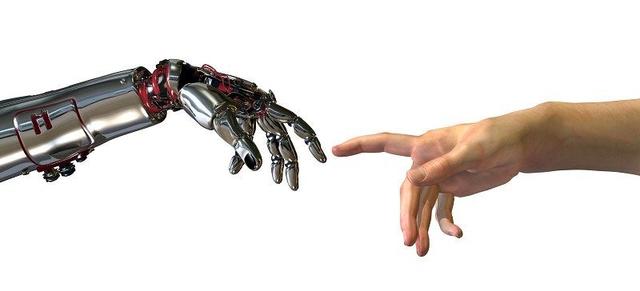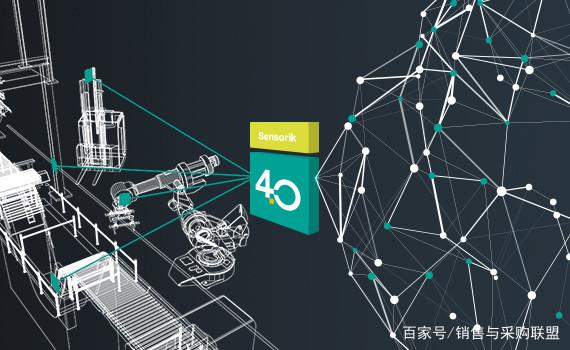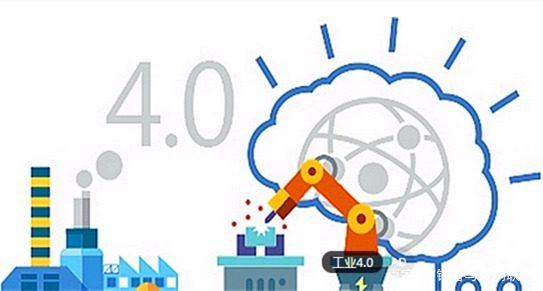Will China's manufacturing 2025 change the status quo of the machinery industry?

Made in China 2025 will promote the transformation and upgrading of the existing production mode to a certain extent, but I think there is still a considerable gap and a long way to go in order to achieve comprehensive manufacturing innovation in this short decade. The basic idea of the road map for the future development of Chinese manufacturing is to use the combination of two IT systems (industrial technology and information technology) to change the status quo of China's manufacturing industry and make China a modern industrial power by 2025. The implementation of "made in China 2025" is the first step in promoting the transformation of China's manufacturing industry from a big country to a powerful country.
Made in China 2025 is praised as China's version of "industry 4.0" by the general public. I think we should first understand Germany's industry 4.0. German industrial 4 has been a hot topic since it began to appear in Chinese media. I think it has something to do with similar concepts of "Made in China 2025" and "Internet +" put forward by China, In addition, China and Germany are both big manufacturing countries, and the experience of Germany can be used for reference by China. However, I think we should take a more prudent view of the plan of "industry 4.0". Specifically, it is as follows:

1)Industrial 4.0 is still in its infancy in Germany, and there are still many obstacles before achieving industrial 4.0, which can only be called a "vision for the future".
Some large multinational companies may have achieved some intelligent production, but there is still some distance for small and medium-sized enterprises. This can not only be solved by state support, industry 4.0 is a systematic project, all the subjects and supporting facilities in the innovation system should be kept up, and there is also the awareness of applying intelligent digital production. A researcher at a German research institute told me last year that their previous survey of German companies showed that many small and medium-sized enterprises had no idea what industry 4.0 is.
2)Do not exaggerate the significance of industrial 4, nor underestimate the level of manufacturing in China.
China has been prepared for the intelligent and informationized industrial production mode, and the "integration of the two modernizations" we proposed before has the shadow of "industry 4.0". China's manufacturing industry has developed rapidly in recent years, and has already crossed the era of producing only shirts and socks. Horizontal comparison shows that there is still a gap between Germany and Japan in the middle and high-end manufacturing, but in the vertical view, the level of China's manufacturing industry has improved substantially compared with previous years. Our middle-end mechanical and electrical products occupy an important position in the world. In the past two years, mechanical and electrical products account for more than 40% of China's exports to Germany. In terms of communication technology development, China is at least as good as Germany; in the field of mobile Internet, I think China has surpassed Germany.

I think there are many similarities and differences between them. The level of industrial development in China and Germany is not at a starting point, nor even on a horizontal line. In terms of content, German industrial 4 has similarities with the deep integration of industrialization and informatization in China. Therefore, we can not copy the German industry 4, we must go out of the road of manufacturing with Chinese characteristics
What aspects of China made 2025 will affect the manufacturing industry?
No matter from which aspect, its core is to promote intelligent manufacturing, and use machines to replace labor. Some people may ask,, isn't that what the industrial revolution did in the last century? However, in our country, in jiangsu and zhejiang area, most of the manufacturing industry still relies on cheap labor.
China's manufacturing 2025 also has a certain promoting effect. What is the central government's best at? it is chanting slogans, spreading ideas and spreading ideas. In the past, China's entrepreneurs were too comfortable, not crisis-conscious, the first idea is to imitate, how to imitate other people's money-making products to make their own money. Blame the decline on the environment and increased competition, but do not realize for the first time because of their own low production efficiency and backward production equipment. So the central government needs to wake them up with a slap of the hand, that is, to put forward slogans to support the robotization and intellectualization of large enterprises, and to create a positive and upgraded environment for the overall industry. And spread a concept: everyone is in automation and in transition, and you're waiting to die if you don't.Then we can enhance the sense of hardship of entrepreneurs through this method.
The general means is to support large enterprises with capital and tax, to make them transform and upgrade, let them to buy mechanical arms and eliminate backward equipment. As for small and medium-sized enterprises, the government's support funds will never be able to reach, firstly, small and medium-sized enterprises have no funds to update equipment; secondly, they cannot attract talent, and large enterprises have support by government, naturally the transformation and upgrading are easier to succeed. After the successful transformation and upgrading of large enterprises, the degree of automation will be higher, and the quality of products will naturally be improved by a grade, followed by the transformation and upgrading of a number of small and medium-sized enterprises which providing supporting processing services to large enterprises, eliminate small and medium-sized enterprises , eliminate the small and medium-sized enterprises which have no capital and no strength to transform. This will bring the whole manufacturing industry to a higher level, but it will take much longer than a decade to realize, this is just a vision and a leading role.
With the transformation of industry, the demand is higher for equipment and products. Product quality requirements are higher, thus requiring better equipment, equipment is increasingly demanding precise control, naturally the parts and components and supporting tools require higher requirements, which forms a cycle and overall promotion. Therefore, the manufacturing industry in the future is not competent for ordinary low-educated migrant workers, the development and profitability of enterprises are increasingly dependent on technology, more and more dependent on talent, more and more dependent on management. Instead of relying on cheap labor as in the past, relying on large orders and large quantities, this requires technology and management knowledge, so that enterprises will pay more and more attention to technical and management personnel. But these talents do not exist universally, which will lead to a natural increase in treatment.
At present, upgrading of China's manufacturing industry is imperative. Why? Not only because the economy needs to transform, but also the society needs transformation. The most straightforward point is that those who say that replacing people with machines will lead to an increase in unemployment, have you ever thought about it? How many students do they say they are going to be workers in the future? Almost no one wants to be a worker, most people want to do white-collar jobs in the future, including those with poor academic performance, and try to mix up with other jobs, even if the salary is not very high, but as long as it is not very tired work. (People I know basically think this way)? So who will work for the manufacturing industry? How can China survive with 1 billion 400 million people leaving manufacturing? What's more, the main force of the labor force in 2025 is the generation born during family planning, which means that the labor force will be significantly reduced (The number of people born after 2000 is only half of the number of being born after 1950), but retired people are more than just a little bit. So the only way is to upgrade the manufacturing sector, or to make financial capital like that in the West to support the national economy.

